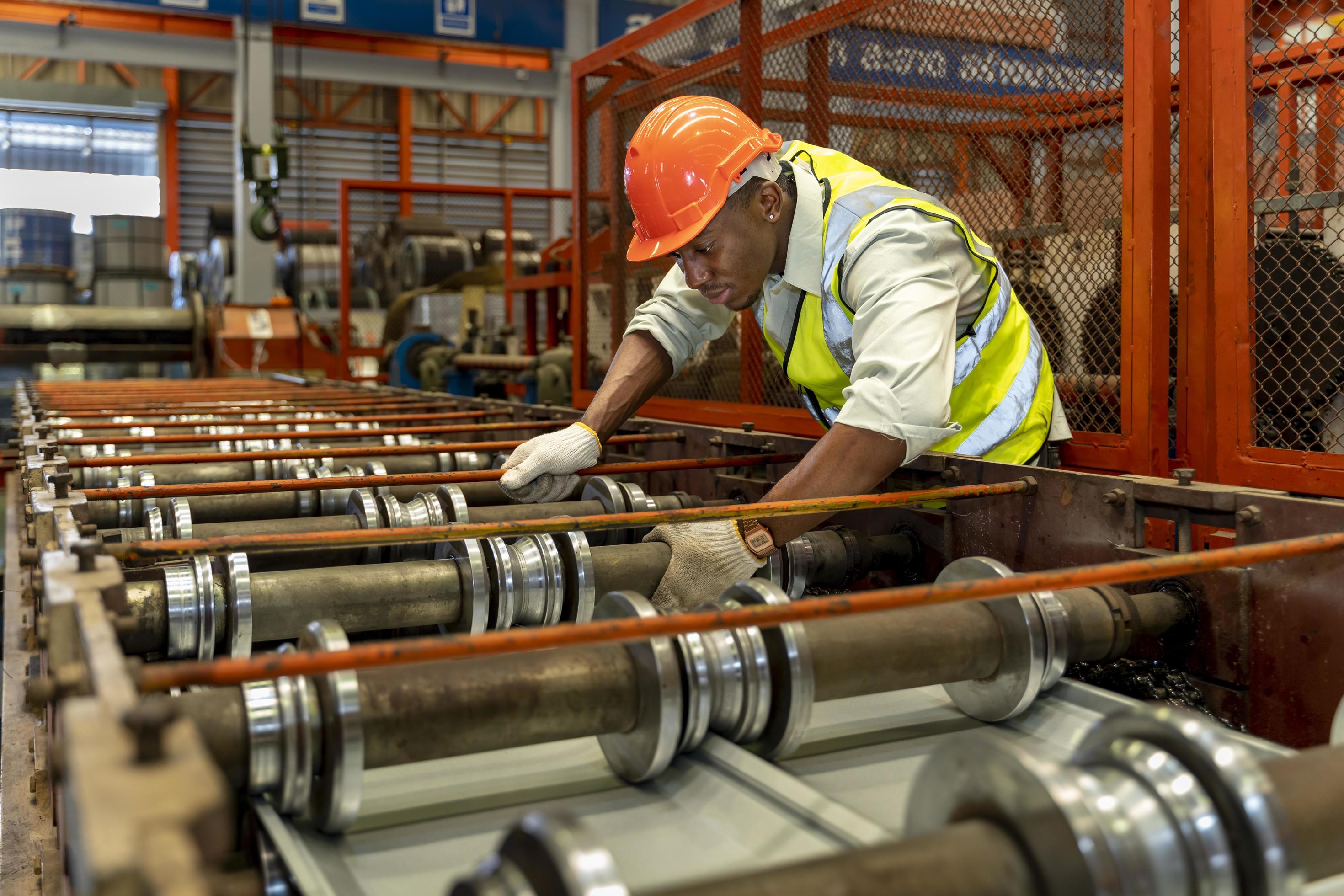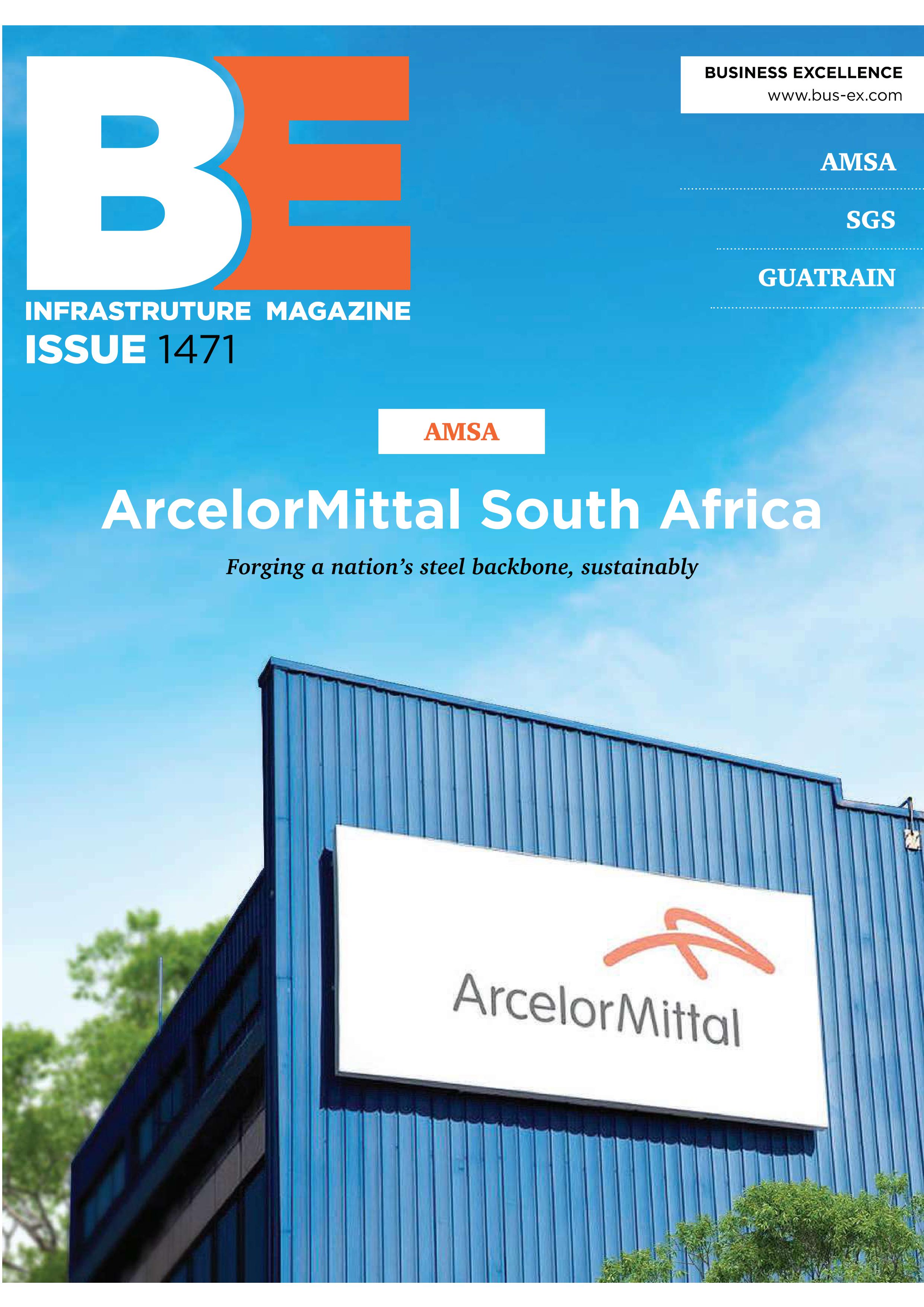A feast of innovation
The challenge of balancing supply and demand has perhaps been never more acutely felt than over the last couple of years. Within the food sector the pressure is intensified in the battle to fill limited supermarket shelf space with premier products, as Andrew Pelis finds out.
The Eskort name has been synonymous with quality meat products in South Africa for 92 years. In 1917 a group of nine people gathered in Estcourt, KwaZulu-Natal, to discuss the establishment of a bacon curing factory in the area. By August of that year the Farmer's Co-operative Bacon Factory Limited was founded and building commenced on the banks of the Bushman's River, with the factory officially being opened on 6 June 1918 by General Louis Botha. The company remained a co-operative until 1998; today, Eskort is owned by 20 shareholders.
Eskort is a leading South African manufacturer of processed pork products that include bacon, hams, sausages, polonies, ribs, viennas and a range of crumbed pork products. The company can lay claim to being the country’s number one supplier of pork sausages but reputation alone is no guarantee to future success, given the constant need to manage stock levels at all distribution points effectively.
“Operationally we constantly strive for consistent quality and sourcing of raw materials—including overseas—that can add value and supply and demand functionality to our processes, particularly given the price fluctuations,” Eskort’s CEO Arnold Prinsloo explains. “It is important for us to get the best yield which means being flexible enough to ensure we don’t end up with excess raw material.”
To help achieve better yields, the company has embarked upon an ambitious programme of upgrades, with a special focus on its Heidelberg facility, located roughly 60 kilometres from Johannesburg. To date Eskort has spent in the region of R50 million on the site, which hosts the company’s slaughter house and a brand new crumbing line. “We also produce fresh marinated and smoked pork cuts in Heidelberg,” says Prinsloo, who is on the brink of signing off a new deboning line that will offer Heidelberg extra capacity, improve quality and enhance yields. Further investment in a new IT infrastructure that will link to automated processes is also expected within the next few months.
The original site in Estcourt, located around 150 kilometres from Durban, provides the majority of the 1,100-strong workforce, with 500 based at Heidelberg. Those numbers tend to fluctuate as a result of seasonality, explains Prinsloo, with April and November through to December being the peak periods for the two sites.
Eskort products are distributed nationally through distribution centres provided by Clover, with whom the company has a 92 year relationship through its association with Sacca. “They are the biggest and probably the best perishable distributor in South Africa and we rely on them for merchandising, warehousing and distribution,” comments Prinsloo.
From the distribution centres, goods are shipped to numerous retail and wholesale outlets, including Spar, Shoprite Checkers and Pick n Pay. At present, around 95 per cent of produce is for the local South African market but Eskort also exports to neighbouring Lesotho, Mozambique, Swaziland and Zimbabwe, although disease regulations limit export opportunities further afield at present.
The Eskort range now extends to over 100 product lines with the company aiming to introduce around 12 new products each year. Recent additions include spare ribs and bacon cherry sticks. Furthermore, in July 2008, Eskort re-opened its totally revamped Eskort Butchery in Heidelberg, selling products direct to the consumer. “We have eight suppliers of pigs and have complete traceability; quality is very important to us throughout the supply chain and we have attained HACCP accreditation,” affirms Prinsloo.
That quality brings us back to the subject of investment in state-of-the-art equipment and its benefits. “Our slaughter and deboning lines are now close to what is done in Europe, where we are regular visitors,” Prinsloo explains. “You have to travel to look at new products and equipment if you are going to remain innovative. Indeed, we purchased our crumbing line from Holland and the deboning line I am about to sign off came from Germany. We have also seen a lot of innovation coming from the spice companies and our belief is that it is important that you continually invest to improve quality,” he adds.
The need for innovation is perhaps best illustrated by the adjustments the company needed to make as a result of soaring electric costs and the softening economic conditions, which was affecting consumer spending. Eskort responded by putting a greater emphasis on cost-effective processes to keep costs under control.
Training has formed a large part of Eskort’s initiative to provide not just on-the-job skills but to encourage shop floor efficiency through productivity training. “We are four and a half years into this process now,” says Prinsloo, “and each area provides workers with a matrix of skills they can train to do, with each discipline ticked off once complete. We have brought production costs down and seen an improvement in quality and staff morale.”
However, Eskort’s commitment goes beyond staff training. Its philosophy of “charity beginning at home” is richly demonstrated by its sponsorship of an AIDS orphanage in Estcourt and a shelter for the street kids of Heidelberg, with countless other projects currently underway.
Prinsloo feels that South Africa is not yet out of the woods as regards the economic downturn, but sees plenty of opportunity for Eskort in the near future. “Our focus is to grow our range, supply top quality products and improve our yield by one or two per cent. There might be opportunities to supply to new markets such as the restaurant trade; and if these come to fruition, we will be ready,” he confirms.












